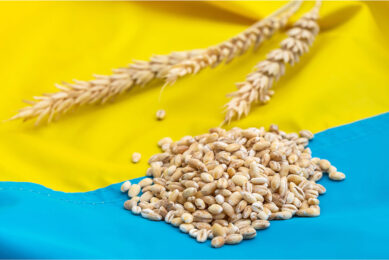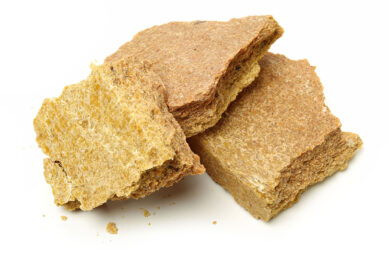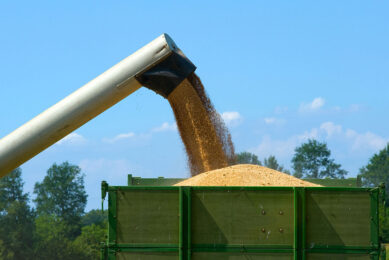Grain market settles

The weather is stirring up the grain market, although the impact is limited. The influence of trade barriers, such as Argentinian export taxes, is not too bad at the moment. Saudi Arabia is radically liberalising its barley import regime.
As for the influence of the (cold) weather, it seems that the current cold period in western Europe, such as in France and Germany, will not have a major impact on winter cereals. According to Agritel, this may however, be the case in the American production areas for winter wheat, because of the very severe frost there, which will soon be continued. This is all the more serious because there is little to no protective snow. It presents investors in the futures market with a dilemma: to buy or to sell?
The wheat price on the futures market in Chicago fell slightly last week before the March 2021 contract, but that is minimal. In Paris, the forward price of wheat is also stuck, at a fairly high level, with no extreme changes from day to day. France is currently competitive with grain on the physical market, market agency Agritel reports. Expectations are therefore high on what role France will play in completing a tender issued by Algeria for wheat, to be delivered at the end of March and in April. France also supplies a lot to China.
The maize futures market is under some pressure due to improved growing conditions in South America. In the long term, this means that a lot of maize will come from Brazil and also from Argentina, where there has been no increase in export taxes.
Lower barley imports to Saudi Arabia
The barley market will soon be given a boost by the changed policy of Saudi Arabia. The import and distribution of feed barley will be privatised there at the end of March. Government subsidy in this area will then disappear. Market experts from the US Department of Agriculture USDA report this. They estimate that Saudi barley imports will drop to a lower level, estimated at just over four-fifths. Barley has to compete with compound feed and – as part of that – with maize. It will not go without a struggle, because the traditionally-minded livestock farmers must first be convinced of the advantages of high-quality compound feed over feed barley, both in terms of price and feed-technical. Saudi demand for barley feed will be high in the short term, as importers are struggling for market share.











